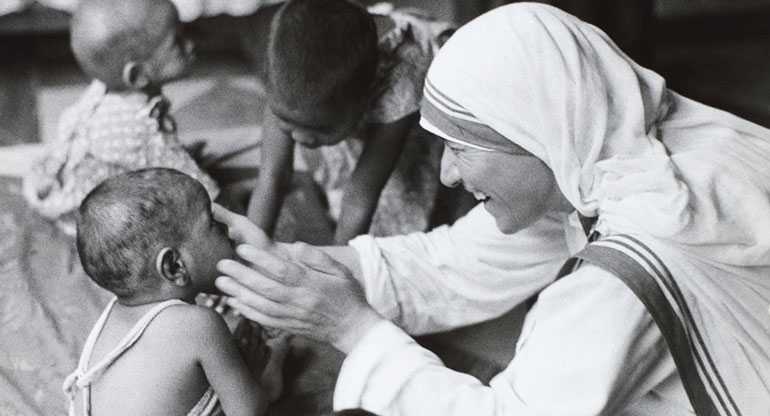Tuesday Feb 17, 2026
Tuesday Feb 17, 2026
Wednesday, 5 September 2018 00:00 - - {{hitsCtrl.values.hits}}

“Goodness is a virtue, and leadership a responsibility. Ideology shapes populations, and must be protected against the flaws of humanity”
By Naveen Anandakumar
Leadership is what drives the success or failure of a family, relationship, company, sports team, and country. We have seen through history the failings of poor leadership, from small to large scale.
It is an innate social reality – that a direction be driven and lead for a group to collectively make progress. A country is a group of people bound by the same oath to protect and serve each other, and this has been destructively misused by some leaders, whilst used for beauty and prosperity of others.
Humans, we must accept, are inherently flawed. Humanity has proved again, through history, to be capable of committing acts against humanity, such as killing, rape, genocide, etc., where it is erroneous for us to blame such actions on ‘bad people’, but that these people could have been our brothers and sisters driven by a systematic failure in their collective ideology and behavioural makeup.
Notable experiments including the ‘Milgram experiment’ on obedience or historical phenomena of Nazi atrocities and the Nanking massacre are examples of educated and highly intelligence people committing acts of atrocity, driven by an ideology where these behaviours were built in over time by those leaders for a particular purpose.
This is the risk at the extreme end of what humans are capable, and we can’t simply dismiss these as random or evil acts – these were committed by humans, people who had brothers, sisters, children, parents, like us, who over time became capable of committing such acts.
By accepting our vulnerability and innate human flaw when it comes to group survival and social ‘groupthink’ bias, we can better appreciate the risks associated with what poor leadership built on flawed ideology can do to a population.
This is important today, given increasingly difficult macro-economic conditions primarily driven by climate change: less agricultural output, rising import costs, less energy output due to infrastructure not being quickly adaptable to changing rainfall patterns, and resultant expensive fuel imports, all in amidst the rising trade tensions between the two largest world economies.
And in this environment, we are seeing many examples of poor leadership: dangerous rhetoric, degradation of moral standards, normalcy of xenophobia, and less kindness – notably from very influential world leaders.
My concern is with elections looming, how such methods are beginning to be employed in Sri Lanka, and efforts to use similar rhetoric and biases to create instability, when in reality life is far better than it was 10-20 years ago.
We have experienced the pain of inhuman thinking for the sake of a flawed ideology. One can’t explain the ‘greater good’ of a xenophobic ideology to a widowed mother or orphaned child. It is too late to cry and build memorials after the atrocity occurs, and with the current rhetoric, it’s worrying to see an escalation of words when we should be doing the opposite to focus on rebuilding together.
When we look at today’s economy and social situation, we should be far happier and more proud than we were before. People living alongside one another, no issue of ethnicity. With the internet and increased tourist arrivals, Sri Lankans are learning new languages, have access to new ideas and enjoying new friendships.
Previously inaccessible markets of the north and east are being visited more and more, where new connections are being made, and trade is improving. We have one of the strongest state healthcare systems and lowest mortality rates among the developing and emerging economies, and this is only getting stronger.
Any leader who genuinely wanted to take this and make it better would focus on the good we have ahead of us, and aim to encourage this sense of national unity we currently have, than focus on fear and hate to lobby political and social support, because the latter is fundamentally dangerous. The ideology to truly lead, and set an example for Sri Lanka, and for the world, is that we are a country of peace, showing how to rebuild together after war, and that we are patient and united to do so over time.
This is our responsibility, where our 20+ million people have the potential to be whoever they wish to be, and that will transform the country. But this must be based on fundamental virtuous values of goodness, hope, belief, and humility. The excellence we strive towards must be of unity and teamwork, not partisan division that will only slow us down.
The people deserve this, want this, and aren’t fools to not also know this. This way, we build a sustainable peace, and a sustainable prosperity, and come out with integrity that other countries will follow.